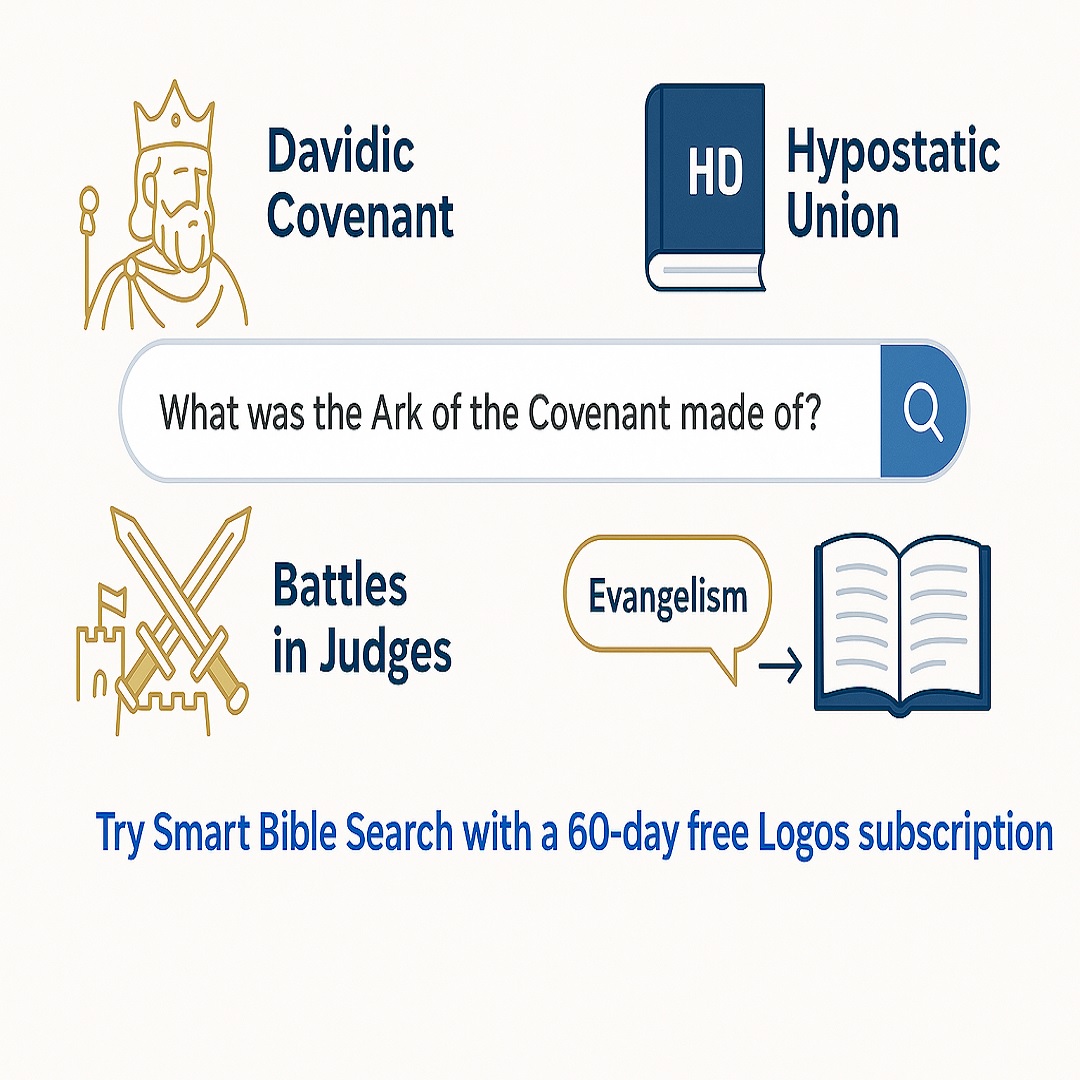
Understanding Sonship
Being adopted by Christ (in Him) fundamentally transforms a believer’s identity. Through faith in Jesus, individuals enter into a personal relationship with God. This divine adoption signifies that they become His children, Sonship, ushering them into a new life filled with promise and purpose.
The Concept of Sonship
Sonship represents the profound truth that believers inherit the rights and privileges of being part of God’s (the ruler of the universe) Royal family. In biblical culture, sons were the primary heirs. When individuals embrace their faith in Christ, they become sons and daughters of God. Sons and Daughters that together become a sonship. This adoption grants them access to all spiritual blessings and promises associated with His kingdom.
A Close Relationship with God
Sonship emphasizes an intimate relationship with God. It moves beyond legal status to signify a deep emotional connection. Believers can approach God as their Father, fostering trust and reliance on Him. This relationship encourages a life grounded in love and grace.
Authority and Responsibility
Adoption into God’s family comes with authority and responsibility. Believers share in Christ’s authority, representing His kingdom on earth. This role involves embodying His teachings and values in their daily lives. As heirs of God, they are called to serve others, spread the gospel, and fulfil God’s mission.
Authority of Jesus
Jesus is the ultimate firstborn when we are adopted into him we are adopted into the status of the ultimate firstborn. In Him, we are heirs to all the authority and responsibilities of King Jesus.
Jesus Christ’s authority is also an aspect of king ship. It is both personal and official, for Jesus is both Son of God and Son of man… As man and Messiah, His authority is real because delegated to Him by the God at whose command He does His work (Christ applauded the centurion fo seeing this, Mt. viii. 9f.). As the Son, His authority is real because He is Himself God.
Authority to judge has been given Him, both that He may be honoured as the Son of God (for judgment is God’s work), and also because He is the Son of man (for judgment is the Messiah’s work) (Jn. v. 22 f., 27). In short, His authority is that of a divine Messiah: of a God-man, doing His Father’s will in the double capacity of (a) human servant, in whom meet the saving offices of prophet, priest, and king, and (b) divine Son, co-creator and sharer in all the Father’s works (Jn. v. 19 ff.).(Jn. v. 19 .)
This more-than-human authority of Jesus was manifested during His ministry in various ways, such as the finality and independence of His teaching (Mt. vii. 28 f.); His exorcizing power (Mk. i. 27); His mastery over storms (Lk. vi. 24 f.); His claiming to forgive sins (a thing which, as the bystanders rightly pointed out, only God can do) and, when challenged, proving His claim (Mk. ii. 5-12; cf. Mt. ix. 8). After His resurrec-tion, He declared that He had been given ‘all exousia in heaven and on earth’—a cosmic messianic dominion, to be exercised in such a way as effectively to bring the elect into His kingdom of salvation (Mt. xxviii. 18 ff.; Jn. xvii. 2, cf. Jn. xii. 31 ff., Acts v. 31, xviii. 9 f.). The New Testament proclaims the exalted Jesus as “both Lord and Christ’ (Acts ii. 36)-divine Ruler of all things, and Saviour-king of His people. The gospel is in the first instance a demand for assent to this estimate of His authority1
Transformation of Identity
The process of adoption transforms a believer’s identity. They no longer let their past define them; instead, they find their worth in being children of God. This change shapes their perspective and influences their actions. Recognizing their identity as heirs empowers believers to live boldly and authentically.
Empowered by the Holy Spirit
The Holy Spirit affirms believers’ sonship. According to Romans 8:16, the Spirit testifies that they are children of God. This affirmation deepens their understanding of their identity and empowers them to live according to God’s will. Believers are not alone in their journey; they receive guidance and strength from the Holy Spirit.
The Call to Christlikeness
As sons and daughters of God, believers are called to emulate Christ. This means adopting His character and mission. They are to live out the values He taught and serve others with humility and love. This call to Christlikeness exemplifies what it means to live as part of God’s family.
Embracing adoption in Christ enriches believers’ lives. It comes with a new identity, intimate relationship, and a purpose-driven existence. Through sonship, they gain the privilege of being heirs to God’s kingdom, called to live out their faith with authority and responsibility.
Read More: https://www.saet.ac.uk/Christianity/SonshipintheBible#:~:text=Sonship%20in%20the%20New%20Testament%20is%20centred%20around%20Jesus.,the%20Father%20of%20Jesus%20Christ.
See also: adoption
=====================================
1 The New BIBLE Dictionary
INTER-VARSITY PRESS
39 BEDFORD SQUARE WC1B 3EY
Copyright The Inter-Varsity Fellowship, 1962 Reprinted April 1974

 Search The Bible the way you have always wanted to.
Search The Bible the way you have always wanted to.
 The most complete Bible study Platform. Start you Free trial Now!
The most complete Bible study Platform. Start you Free trial Now!



